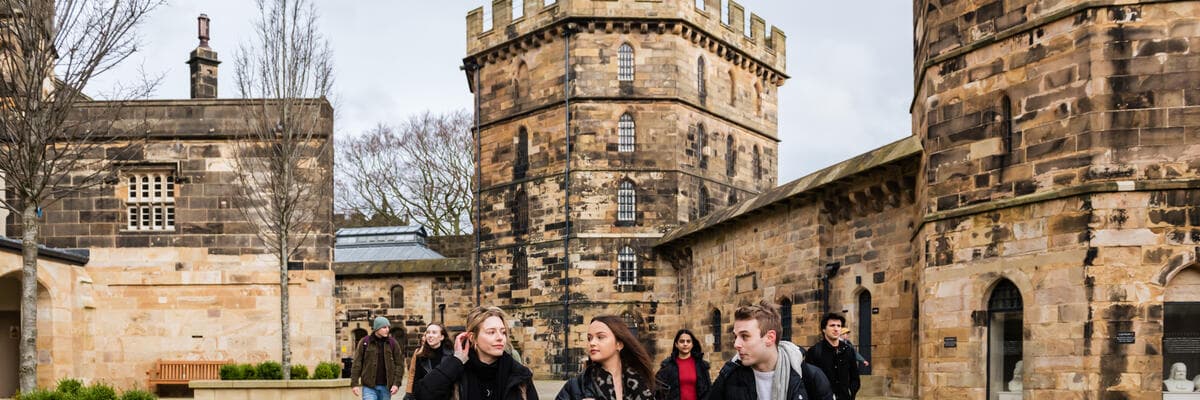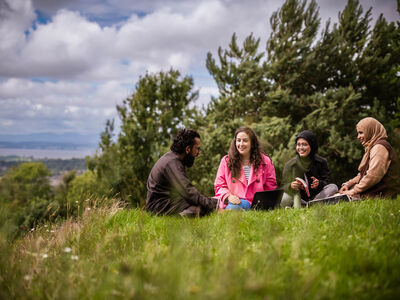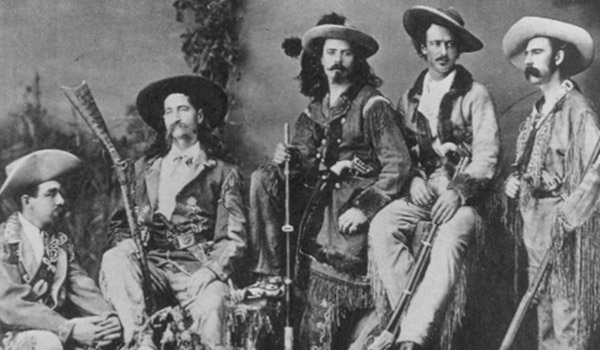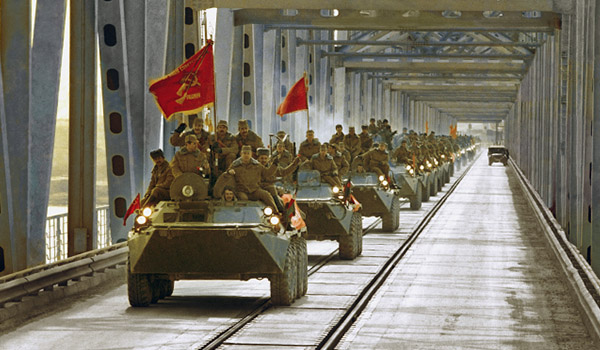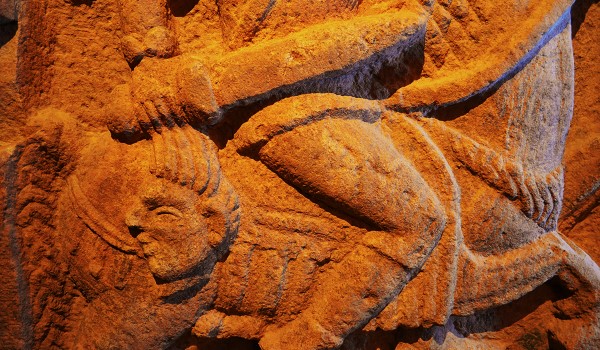Introduction
We cannot comprehend the present or contemplate the future without understanding the past. To address the challenges that we face as a global community, we must study the various political, cultural, economic, and environmental factors that have shaped who we are, how we think, and what we feel.
By studying History at Lancaster, you will join a vibrant and supportive academic community that has been at the forefront of innovation in the discipline for over 60 years. Our expertise ranges from medieval to modern, and spans the globe from the Americas, through Europe and Africa, to South and East Asia. We encompass many different types of history including the history of war and diplomacy, environmental history, the histories of science and medicine, gender history, and the history of crime.


